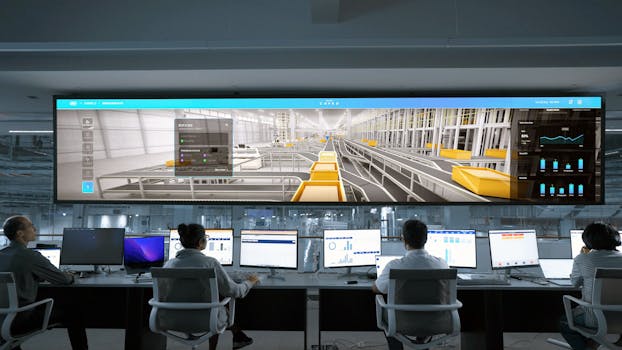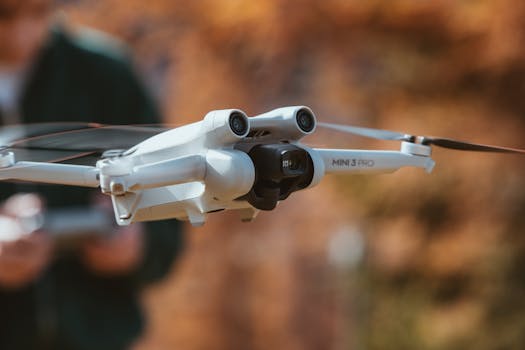
The Evolution of Mechanical Engineering Through the Ages
Takeaways: Mechanical engineering has transformed significantly throughout history, from ancient tools to cutting-edge technologies. This article explores key milestones in mechanical engineering, highlighting its impact on society and technology.
Mechanical engineering is a branch of engineering that has been pivotal in shaping the modern world. This discipline has evolved over thousands of years, adapting to the needs of society and advancing in technology. In this article, we will journey through the ages, examining the major milestones in the evolution of mechanical engineering.
Ancient Innovations: The Birth of Mechanical Engineering
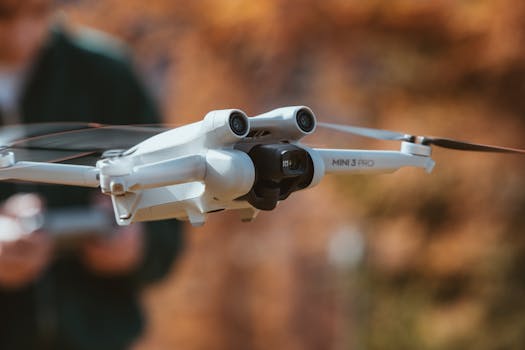
In ancient Greece, philosophers like Archimedes laid the groundwork for mechanics. His inventions, such as the Archimedean screw used for raising water, demonstrated the application of mechanical principles to solve real-world problems. The Romans further advanced engineering with their construction of aqueducts, bridges, and roads, utilizing techniques that laid the foundation for future engineering.
The Middle Ages: A Period of Innovation
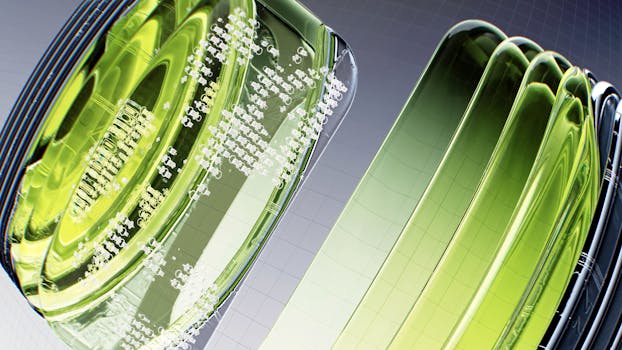
During this time, mechanical devices such as the mechanical clock emerged, showcasing the increasing complexity of engineering designs. The first known mechanical clocks appeared in the 13th century, marking a shift towards precision engineering that would continue to evolve in the centuries to come.
The Renaissance: A New Dawn for Engineering

This era also witnessed the rise of scientific methods, which played a crucial role in the development of mechanics. The work of mathematicians and scientists such as Galileo Galilei and Isaac Newton laid the groundwork for modern physics, influencing mechanical engineering principles. The invention of the steam engine in the 18th century by Thomas Newcomen and later improved by James Watt marked a major breakthrough, leading to the Industrial Revolution.
The Industrial Revolution: A Turning Point
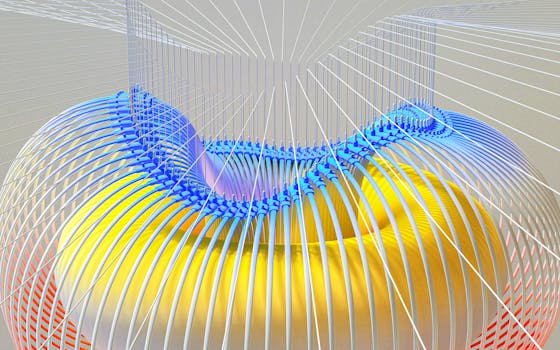
This period also saw the establishment of engineering as a distinct profession. Engineering schools were founded, and standards began to emerge, emphasizing the importance of education and ethics in the field. The expansion of railways and factories required skilled engineers to design, build, and maintain complex systems.
Modern Era: Technology and Innovation
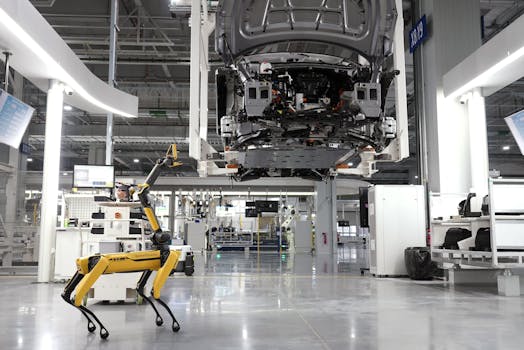
Today, mechanical engineering encompasses a wide range of fields, including robotics, aerospace, and nanotechnology. Innovations such as 3D printing and advanced robotics have transformed manufacturing processes and product design. The focus on sustainability and renewable energy is reshaping the future of mechanical engineering, as engineers work to create more efficient and eco-friendly solutions.
Conclusion
